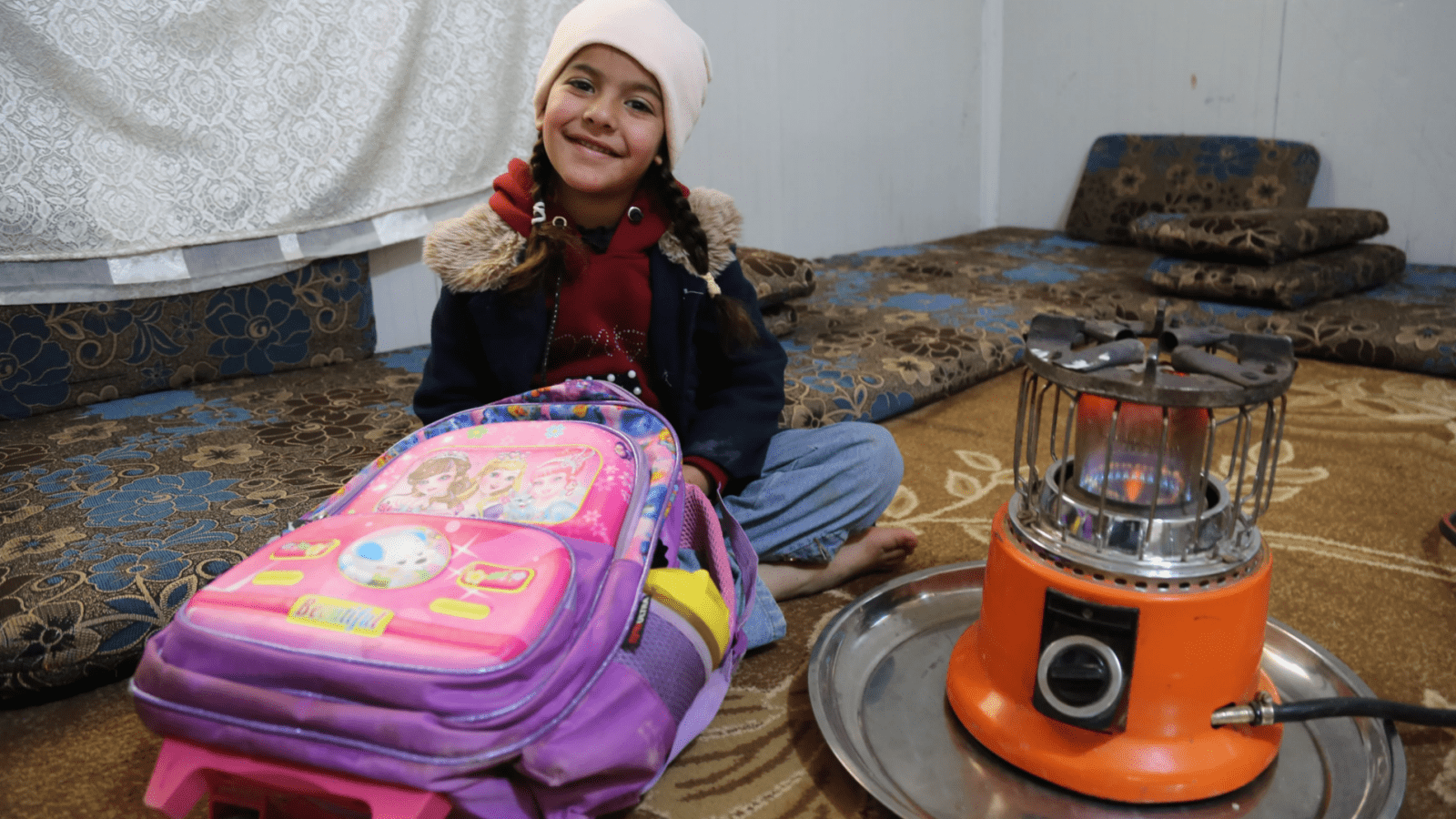Turning trash into opportunity: the champion of the solid waste recycling centre
A bright smile on a determined face, Rajaa hides her struggles as well as she can. In the middle of the Za’atari refugee camp, this single mom of one struggles to make ends meet as she enters her ninth winter in the camp. For the past few years though, things have improved: Rajaa found a job at the solid waste recycling centre operated by Oxfam and funded by the EU Regional Trust Fund in Response to the Syrian Crisis (Madad Fund). This opportunity has brought a glimmer of hope after long years of despair for the family, who can now afford all basic necessities.
“Winter here is not easy. It brings us a lot of extra expenses and stress,” explains Rajaa, who fled from Dara’a in southern Syria back in 2013. In Za’atari camp, the 30-year-old is now the sole supporter of a household of nine, including her parents, brothers and her six-year-old daughter, Malak. “When we first arrived, we stayed in a tent. We didn’t have heating and we used to cover ourselves with blankets and huddle together for heat,” Rajaa recalls, noting that, even in the tin caravan they now live in, “winter in exile is far tougher than it was at home. The rain sounds like stones falling on the tin roof and the wind blows in through the cracks. The noise reminds me of the sounds of bombs.” A sound that she will never forget. “My father walked into our home and told us to pack our bags because we were fleeing the country. This was by far the worst feeling I have ever endured, we were leaving for the unknown.” In spite of the difficulties, she has managed to pull through, and she is determined to keep her independence. “After my divorce, I returned to the camp and gave birth here. It was very difficult both psychologically and financially. So I had to do something, I couldn’t just sit and do nothing.”
Resilience and determination: a path towards work
Rajaa enrolled in several workshops and trainings run by aid agencies in the camp, and managed to get herself a job at a non-governmental organisation working in the camp. There, she became the very first female team leader working at the solid waste recycling centre operated by Oxfam. Run in cooperation with the Deutsche Gesellschaft für Internationale Zusammenarbeit (GIZ), the centre is part of an Oxfam initiative to recycle trash from the camp while providing work for refugees and reducing the waste sent to landfills. It is funded by the European Union, through the EU Regional Trust Fund in Response to the Syrian Crisis (the EU Madad Fund) and the Federal Ministry for Economic Cooperation and Development. With the income she receives, Rajaa manages to afford the extra costs incurred by winter, such as heating, transportation and winter clothes. “Even if it is tough, I can manage. Others in the camp are less fortunate.” She considers herself “lucky” to be able to afford this along with other items, “while many cannot”.
The EU and its Member States are the leading donors of international aid to those affected by the conflict in Syria. Since the start of the crisis in 2011, the EU has mobilised more than €25 billion to support the most vulnerable Syrians inside the country and across the region. The EU has organised, over 5 consecutive years, from 2017 to 2021, conferences supporting the future of Syria and the region. These have been the main pledging events for the Syria crisis. In 2021, the European Commission mobilised over €141 million in humanitarian aid to provide vital assistance to millions of people inside Syria. Adding to its initial allocation of €130 million, the Commission provided over €10 million to support people suffering from the severe water crisis and drought in northern Syria. The funding also helps support people throughout the winter. An additional €1 million was allocated for COVID-19 response.

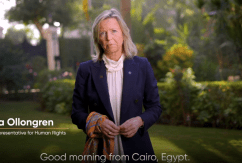
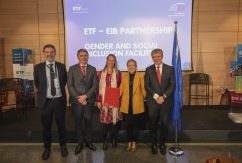
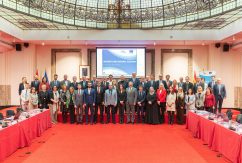











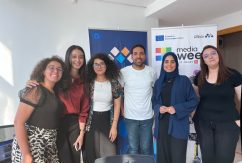













 Syria
Syria 